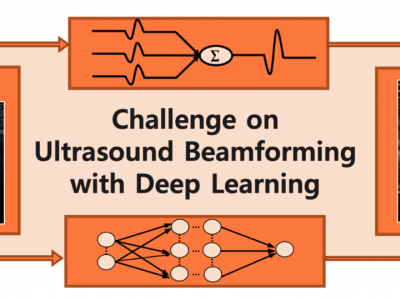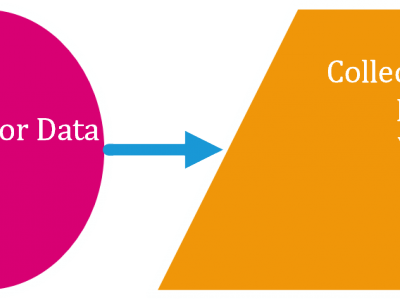Machine Learning
This dataset was developed at the School of Electrical and Computer Engineering (ECE) at the Georgia Institute of Technology as part of the ongoing activities at the Center for Energy and Geo-Processing (CeGP) at Georgia Tech and KFUPM. LANDMASS stands for “LArge North-Sea Dataset of Migrated Aggregated Seismic Structures”. This dataset was extracted from the North Sea F3 block under the Creative Commons license (CC BY-SA 3.0).
- Categories:
 570 Views
570 Views
The is a dataset for indoor depth estimation that contains 1803 synchronized image triples (left, right color image and depth map), from 6 different scenes, including a library, some bookshelves, a conference room, a cafe, a study area, and a hallway. Among these images, 1740 high-quality ones are marked as high-quality imagery. The left view and the depth map are aligned and synchronized and can be used to evaluate monocular depth estimation models. Standard training/testing splits are provided.
- Categories:
 1019 Views
1019 ViewsThe dataset contains high-resolution microscopy images and confocal spectra of semiconducting single-wall carbon nanotubes. Carbon nanotubes allow down-scaling of electronic components to the nano-scale. There is initial evidence from Monte Carlo simulations that microscopy images with high digital resolution show energy information in the Bessel wave pattern that is visible in these images. In this dataset, images from Silicon and InGaAs cameras, as well as spectra, give valuable insights into the spectroscopic properties of these single-photon emitters.
- Categories:
 676 Views
676 Views
Supplementary Material for IEEE-TII Transaction Article "Controller Design for Electrical Drives by Deep Reinforcement Learning - a Proof of Concept"
- Categories:
 538 Views
538 Views
Collecting and analysing heterogeneous data sources from the Internet of Things (IoT) and Industrial IoT (IIoT) are essential for training and validating the fidelity of cybersecurity applications-based machine learning. However, the analysis of those data sources is still a big challenge for reducing high dimensional space and selecting important features and observations from different data sources.
- Categories:
 13336 Views
13336 ViewsThe proliferation of IoT systems, has seen them targeted by malicious third parties. To address this challenge, realistic protection and investigation countermeasures, such as network intrusion detection and network forensic systems, need to be effectively developed. For this purpose, a well-structured and representative dataset is paramount for training and validating the credibility of the systems. Although there are several network datasets, in most cases, not much information is given about the Botnet scenarios that were used.
- Categories:
 21708 Views
21708 ViewsOne of the major research challenges in this field is the unavailability of a comprehensive network based data set which can reflect modern network traffic scenarios, vast varieties of low footprint intrusions and depth structured information about the network traffic. Evaluating network intrusion detection systems research efforts, KDD98, KDDCUP99 and NSLKDD benchmark data sets were generated a decade ago. However, numerous current studies showed that for the current network threat environment, these data sets do not inclusively reflect network traffic and modern low footprint attacks.
- Categories:
 8541 Views
8541 ViewsThe dataset consists of 60285 character image files which has been randomly divided into 54239 (90%) images as training set 6046 (10%) images as test set. The collection of data samples was carried out in two phases. The first phase consists of distributing a tabular form and asking people to write the characters five times each. Filled-in forms were collected from around 200 different individuals in the age group 12-23 years. The second phase was the collection of handwritten sheets such as answer sheets and classroom notes from students in the same age group.
- Categories:
 667 Views
667 ViewsThe year 2018 was declared as "Turkey Tourism Year" in China. The purpose of this dataset, tourists prefer Turkey to be able to determine. The targeted audience was determined through TripAdvisor. Later, the travel histories of individuals were gathered in four different groups. These are the individuals’ travel histories to Europe (E), World (W) Countries and China (C) City/Province and all (EWC). Then, "One Zero Matrix (OZ)" and "Frequency Matrix (F)" were created for each group. Thus, the number of matrices belonging to four groups increased to eight.
- Categories:
 454 Views
454 Views





